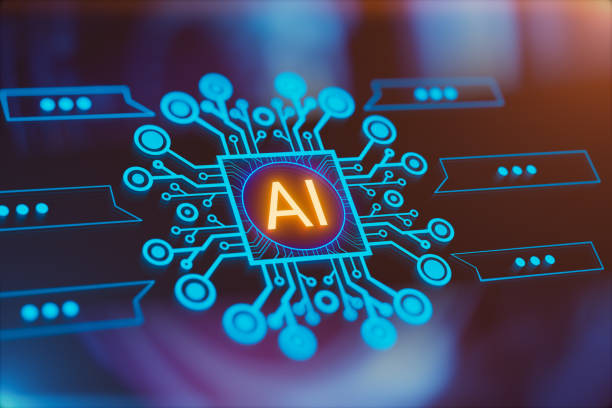In the fast-paced digital era, the integration of Artificial Intelligence (AI) into various facets of our lives is revolutionizing the way we work, communicate, and interact with the world around us. From enhancing efficiency in industries to augmenting decision-making processes, AI is not just a technology of the future but a transformative force shaping our present reality. As we navigate through this age of intelligence, it becomes imperative to explore how AI is reshaping our world and what implications it holds for the future.
Unleashing the Potential of AI: Artificial Intelligence, once a realm confined to science fiction, has now become a tangible force driving innovation across diverse domains. With its ability to analyze vast amounts of data, identify patterns, and learn from experiences, AI has emerged as a catalyst for progress in fields ranging from healthcare and finance to transportation and entertainment.
In healthcare, AI-powered diagnostics are revolutionizing patient care by enabling early detection of diseases and personalized treatment plans. Algorithms sift through medical records, scans, and genetic data to provide insights that can significantly improve outcomes and save lives.
Similarly, in finance, AI algorithms are transforming the way transactions are conducted, investments are managed, and risks are assessed. From fraud detection to algorithmic trading, AI is streamlining operations and enhancing the accuracy of financial decision-making processes.
AI is also driving significant advancements in transportation, with autonomous vehicles promising safer and more efficient mobility solutions. By leveraging machine learning algorithms and real-time data analysis, self-driving cars can navigate complex road environments while reducing accidents and congestion.
Furthermore, in entertainment and content creation, AI is enabling the generation of personalized recommendations, immersive experiences, and even the creation of art and music. Creative applications of AI, such as deep learning-based image and speech synthesis, are pushing the boundaries of human expression and creativity.
Challenges and Ethical Considerations: While the potential benefits of AI are vast, its widespread adoption also raises significant challenges and ethical considerations. Concerns regarding data privacy, algorithmic bias, and job displacement loom large as AI systems become increasingly integrated into our daily lives.
The collection and utilization of vast amounts of personal data raise questions about privacy and consent. As AI algorithms rely on data to learn and make decisions, ensuring the ethical and responsible handling of data becomes paramount to prevent misuse and abuse.
Algorithmic bias, wherein AI systems inadvertently perpetuate or exacerbate existing inequalities, poses a significant challenge to fairness and equity. Biased training data or flawed algorithms can lead to discriminatory outcomes, reinforcing societal biases and marginalizing certain groups.
Moreover, the widespread automation enabled by AI threatens to disrupt traditional employment models, leading to job displacement and economic uncertainty for many workers. As machines increasingly take on routine tasks, the workforce of the future will need to adapt by acquiring new skills and embracing lifelong learning.
Building a Human-Centric Future: Despite these challenges, the future of AI holds immense promise for humanity. By addressing ethical considerations and designing AI systems with human values at their core, we can harness the transformative potential of AI to create a more inclusive, equitable, and sustainable future.
Fostering interdisciplinary collaboration and engaging diverse stakeholders is essential to ensure that AI technologies are developed and deployed responsibly. By involving ethicists, policymakers, technologists, and communities in the design and governance of AI systems, we can mitigate risks and maximize the societal benefits of AI.
Investing in education and reskilling initiatives is crucial to preparing the workforce for the jobs of tomorrow. By prioritizing lifelong learning and cultivating skills such as critical thinking, creativity, and adaptability, we can empower individuals to thrive in an AI-driven economy.
Conclusion: As we stand on the brink of a new era defined by intelligent technologies, it is clear that the future is indeed intelligent. AI has the potential to revolutionize virtually every aspect of our lives, from healthcare and finance to transportation and entertainment. However, realizing this potential requires a concerted effort to address challenges such as data privacy, algorithmic bias, and job displacement.
By embracing a human-centric approach to AI development and governance, we can harness the transformative power of AI to create a future that is more equitable, inclusive, and sustainable. As we navigate the complexities of this AI-powered world, let us remain vigilant, ethical, and committed to shaping a future where intelligence serves the common good.
